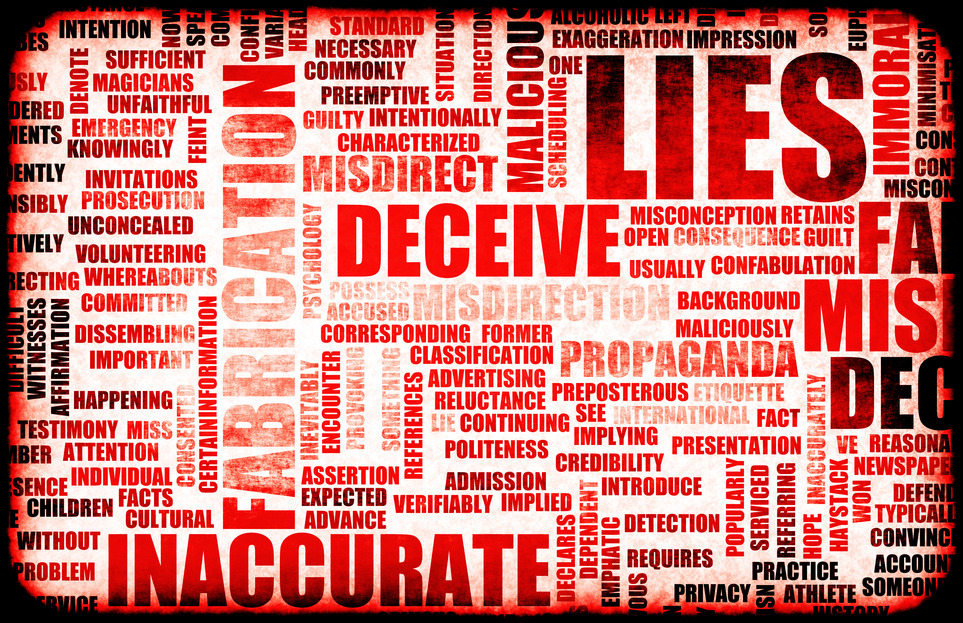Postings on Proverbs...13:6
"Righteousness guards him whose way is blameless, but sin overthrows the wicked" (ESV)
This one explains itself, does it not? What goes around, comes around, right? Your sin will take you down, and your goodness will protect you from harm. There's got to be more though.
Notice, "Righteousness" is personified. It's doing something. It's actively guarding the one "whose way is blameless." And notice, "sin" is also personified as it "overthrows the wicked," but where does this all lead?
The phrase "way...blameless" "refers to the context, conduct, and blessed destiny of people whose every step is oriented toward the Lord and the well-being of his universal kingdom" (Waltke I:556).
In other words, your destiny is built into your way of life before God -- one person is protected, the other is ruined. God built this tit-for-tat, boomerang into the fabric of reality.
So, where's your life headed? Don't be hasty in your answer. Remember that "The Christian, while 'walking in his integrity' (Ps 26:11), never loses his sense of sin, or forgets his need of mercy" (Bridges 154).
Perfection and righteousness in this context are not synonyms. We will always need mercy, until we die. So, don't answer that question by asking, Am I perfect?, but I ask again, where's your life headed?
You can tell which path, which "way" you're on. If you're wise, your steps are oriented towards the Lord. The fool's steps are oriented towards themselves.
Proverbs 13:1 should be on every page of the Bible: "A wise son hears his father's instruction, but a scoffer does not listen to rebuke."
God is constantly rebuking our thoughts and behavior, but what we do with that confrontation is key. How are you responding to His correction right now? Idiots refuse to listen; wise people change.
I'll leave you with this, the wise person refuses to consider his intentions, but rather examines his actions to determine which path he's currently on, God's or his own.
So, which one is it for you?
Labels: Bible Study, Christian Life, Proverbs

















